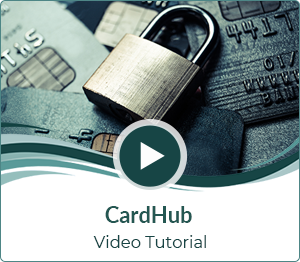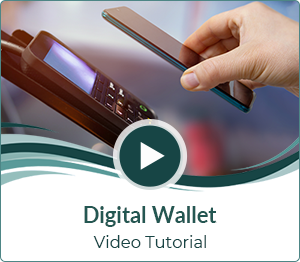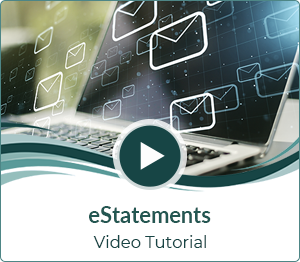Protecting Yourself from Scams and Fraud: What You Need to Know
06/05/2025
By: ESB Financial

Protecting Yourself from Scams and Fraud: What You Need to Know
Because staying safe starts with staying informed.
Scammers are getting more sophisticated — and unfortunately, no one is immune. Whether it’s a suspicious text message, a fake phone call, or a too-good-to-be-true online offer, fraud attempts are becoming more common and harder to spot.
At ESB Financial, we want to help protect you, your finances, and your peace of mind. Here are a few important tips to help you recognize scams and keep your personal information safe.
Common Signs of a Scam
Scammers often use urgency, fear, or emotion to get you to act fast. Here are some red flags to watch for:
-
You’re asked to send money quickly — especially through gift cards, wire transfers, or payment apps.
-
There’s a sense of urgency or threat — “Your account will be closed,” “You owe a fine,” “This is your final warning.”
-
You’re asked to provide personal or banking information — over the phone, by email, or in a text message.
-
The communication feels off — maybe there are typos, odd wording, or the sender’s email address or phone number doesn’t match the organization.
Text and Phone Scams
One of the most common scams we’re seeing right now is fraudulent text messages — sometimes pretending to be your bank, a delivery service, or even the Kansas Department of Transportation (KDOT). These texts often include a link that, if clicked, can steal your personal information.
Reminder:
-
ESB Financial will never ask for personal details or payment via text.
If you receive a suspicious message, don’t click any links and don’t respond. You can report scams at www.ic3.gov or reportfraud.ftc.gov.
How to Protect Yourself
Here are some ways to stay one step ahead of scammers:
-
Think before you click. If something feels off, pause. It’s better to take a minute and verify.
-
Monitor your accounts regularly. Use online banking and mobile alerts to keep tabs on your transactions.
-
Use strong, unique passwords for all accounts — and consider enabling two-factor authentication.
-
Keep your devices updated with the latest security patches and antivirus software.
-
Don’t share personal or banking info over the phone unless you initiated the call and are sure who you're speaking with.
If You Think You’ve Been Targeted
Mistakes can happen, and scammers are clever. If you believe you may have clicked on a suspicious link, shared personal information, or noticed unusual activity on your account, reach out to your bank immediately.
At ESB Financial, we’re here to help protect your financial security and walk you through the next steps if needed.
Final Thoughts
Scams may be evolving, but so are the tools and resources to fight them. When in doubt, pause, verify, and protect your information. Your financial safety is too important to risk.
Stay safe, stay smart — and if you ever have questions, don’t hesitate to check in with a trusted professional.














